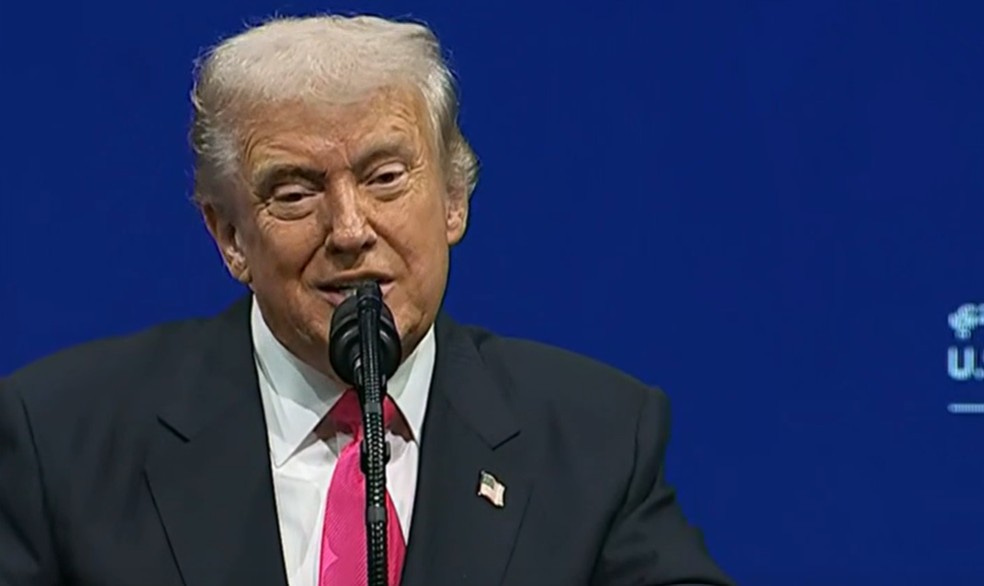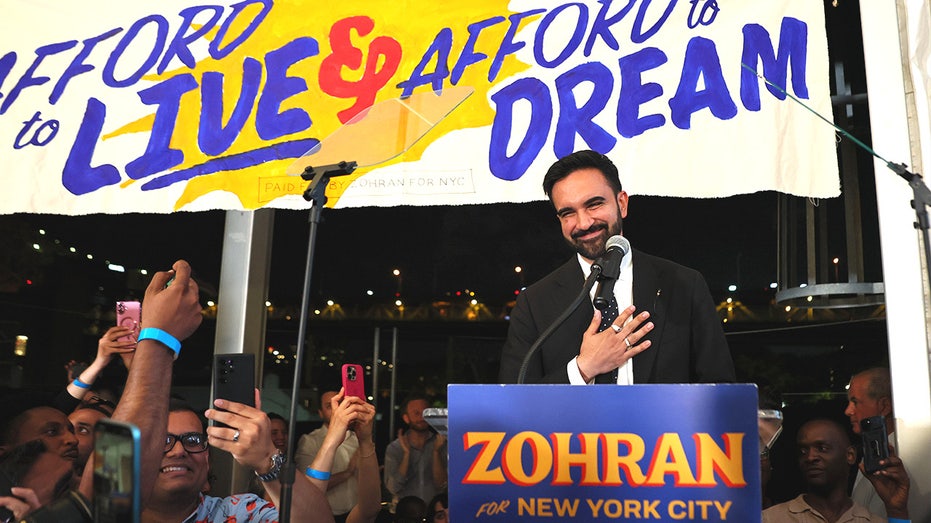A tense atmosphere filled the House floor as lawmakers prepared to vote on a censure resolution concerning Representative Stacey Plaskett. Just moments before the vote, Representative Jasmine Crockett addressed her colleagues, launching into an unexpected and ultimately inaccurate accusation.
Crockett asserted that several prominent Republicans had received financial contributions from Jeffrey Epstein, the convicted sex offender. She named Mitt Romney, Lee Zeldin, George W. Bush, and the McCain-Palin campaign, claiming her team had quickly verified the information through FEC filings.
Her statement was a direct challenge, suggesting a double standard in holding individuals accountable for associations with Epstein. Crockett boldly declared a willingness to expose all such connections, emphasizing the public availability of the relevant financial records.

However, the claims quickly unraveled. Investigative journalist Chuck Ross examined the FEC filings as Crockett suggested, and discovered a critical error. The donations cited by Crockett did not come from the Jeffrey Epstein linked to the sex crimes.
Instead, the contributions originated from a different individual with the same name – a Dr. Jeffrey Epstein. Furthermore, donations to Lee Zeldin occurred after the death of the infamous Epstein, completely undermining Crockett’s accusations.
The misstep proved deeply embarrassing for Representative Crockett, highlighting a significant factual inaccuracy in her argument during a highly charged debate. The incident added another layer of complexity to the already contentious proceedings surrounding the Plaskett censure vote.

The House ultimately voted against censuring Representative Plaskett, with a bipartisan mix of votes contributing to the outcome. The episode involving Representative Crockett’s claims served as a stark reminder of the importance of verifying information, even – and especially – during passionate political discourse.





